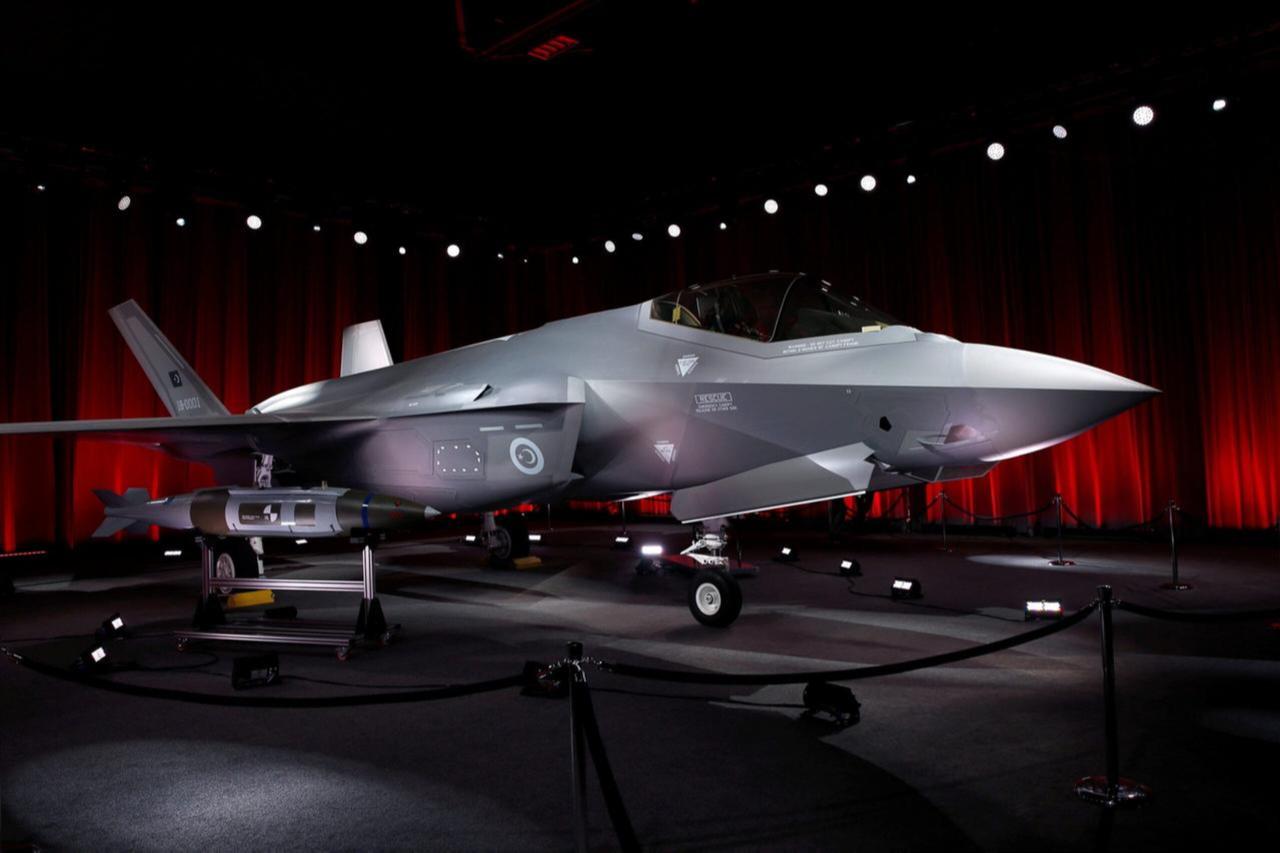
Tom Barrack, the U.S. Ambassador to Ankara and Special Representative for Syria, made important statements regarding two long-standing issues between Türkiye and the United States: the F-35 fighter jet program and CAATSA sanctions.
Speaking to Anadolu Agency (AA) during his visit to Izmir's historic Kemeralti Bazaar, Barrack emphasized that mutual trust between the leaders of both countries and ongoing diplomatic engagement may yield concrete results by the end of 2025.
"President Trump and President Erdogan want to get this done. Congress is also searching for a reasonable outcome," Tom Barrack added.
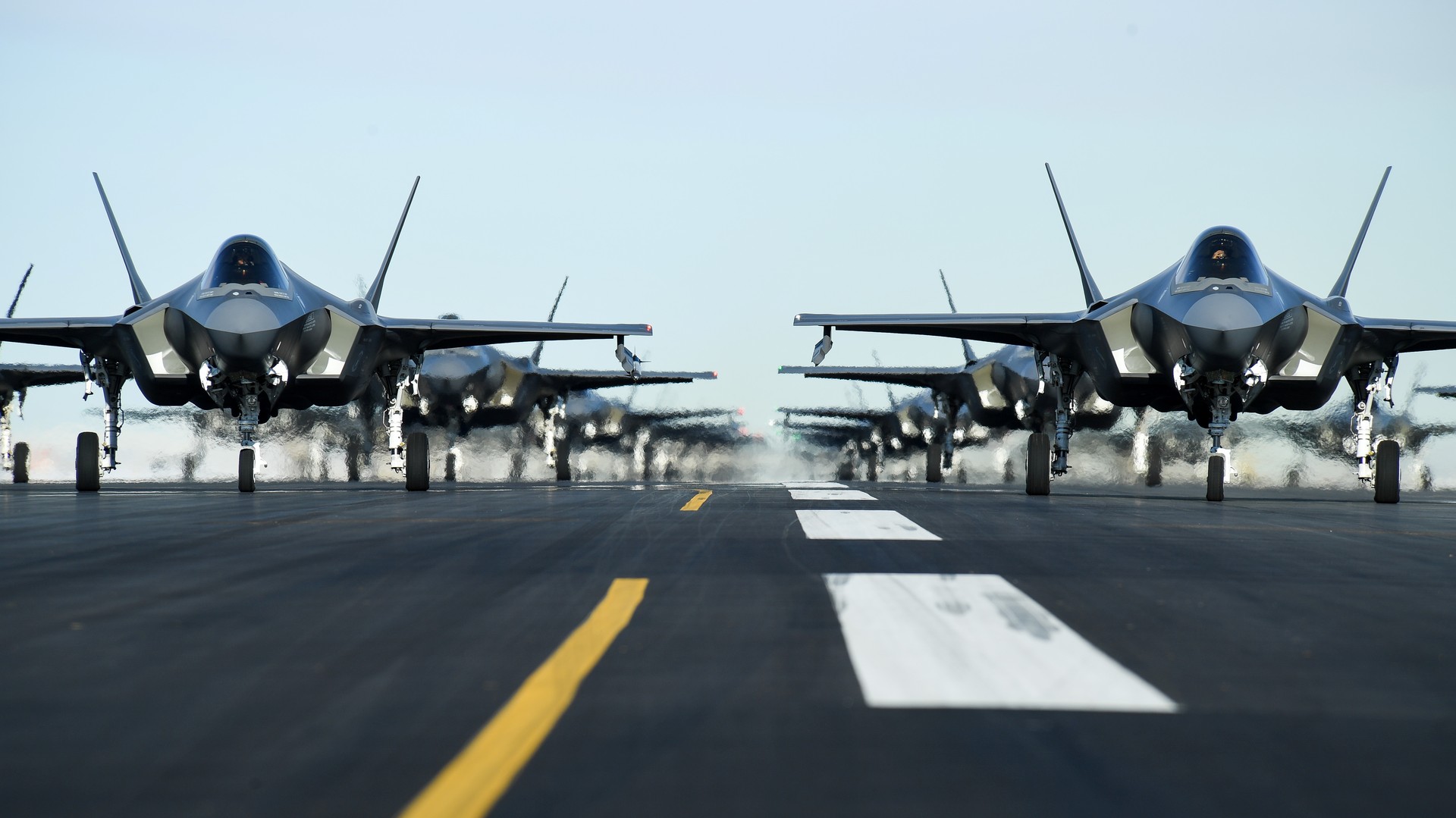
Ambassador Barrack expressed optimism that the F-35 program and CAATSA (Countering America's Adversaries Through Sanctions Act) sanctions could soon be part of the past.
"Everyone wants to move forward. Türkiye has already paid for F-16 upgrades, and its role in manufacturing F-35 parts proves its reliability as a partner," Barrack said, underlining that Türkiye’s strategic value within NATO and the broader region has been reassessed.
According to Barrack, bipartisan conversations in the US Congress have become more constructive, and there is now room for a reset in strategic cooperation.
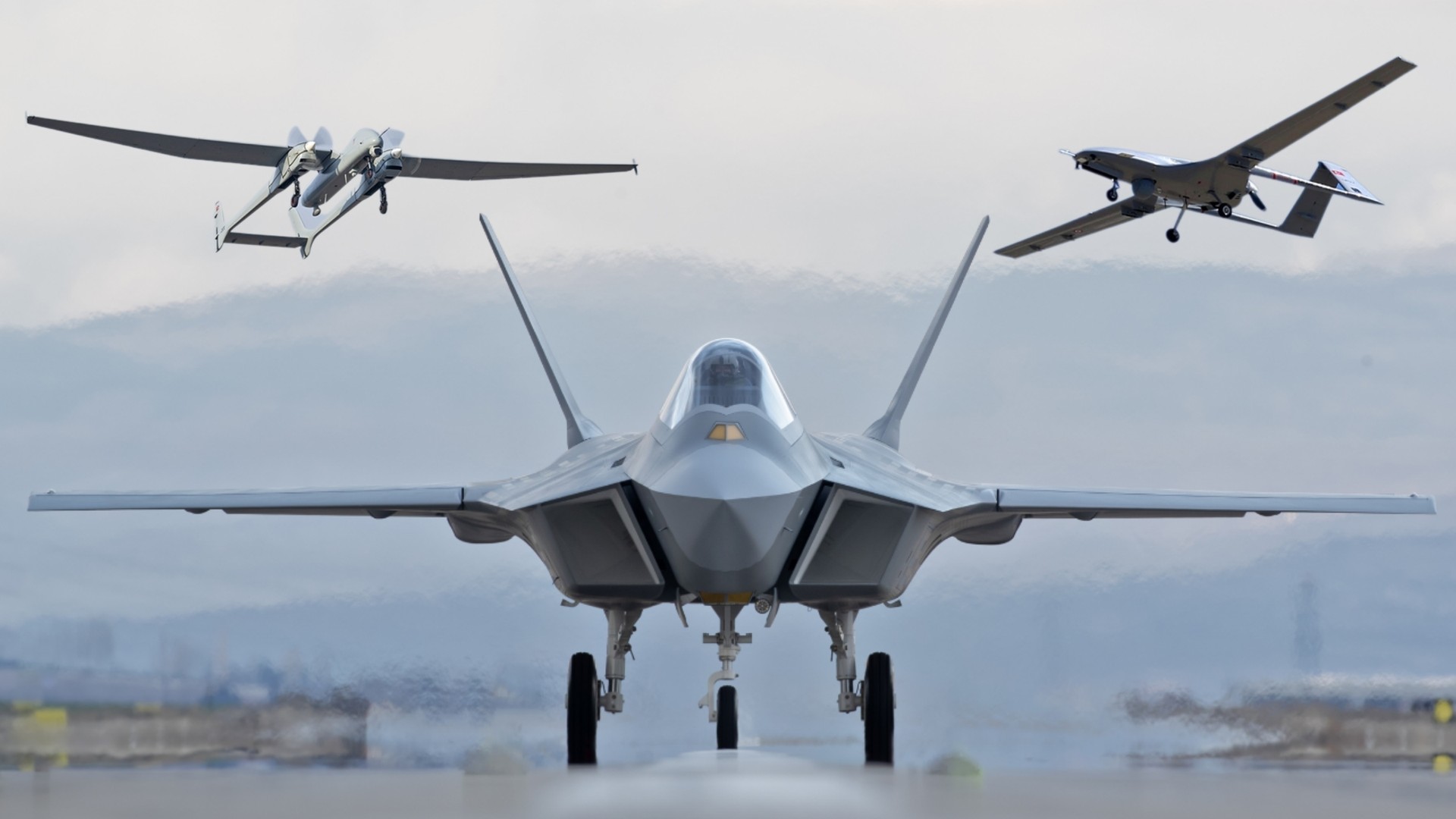
Barrack noted that Türkiye is now viewed as a dynamic, forward-moving player rather than just a traditional ally.
“For the first time, we’re seeing a shared commitment between the US and Türkiye to act not only as defense partners but as regional leaders.”
He cited the global success of Turkish defense technologies—particularly Baykar’s TB2 and Bayraktar UAVs—and the rise of Turkish Airlines as evidence of Türkiye’s growing global influence.
Commenting on recent developments in the Middle East, Barrack said growing tensions between Israel and Iran may become a defining moment: “Israel needs to be redefined, and that process is now underway. We must chart a new path—and the key to that path is Türkiye.”
He hinted at a potential diplomatic recalibration in the region, with Türkiye positioned to play a pivotal role.
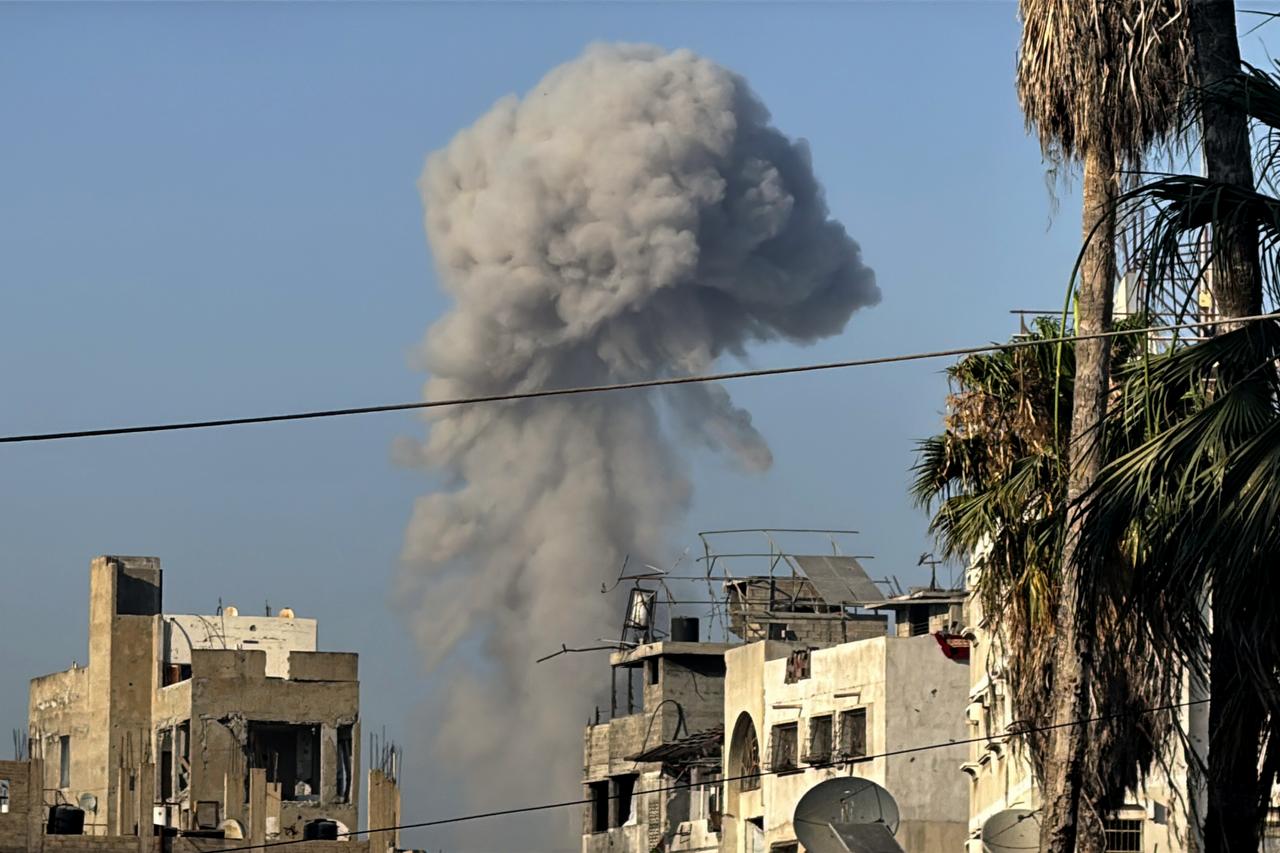
Barrack expressed hope for a near-term ceasefire in Gaza, highlighting ongoing multilateral efforts.
“We have the right team in place. A ceasefire is likely to be followed by a broader de-escalation with Israel. Everyone is contributing to the process.”
He emphasized that resolving the humanitarian crisis in Gaza is essential to sustaining the momentum of the Abraham Accords and regional peace.
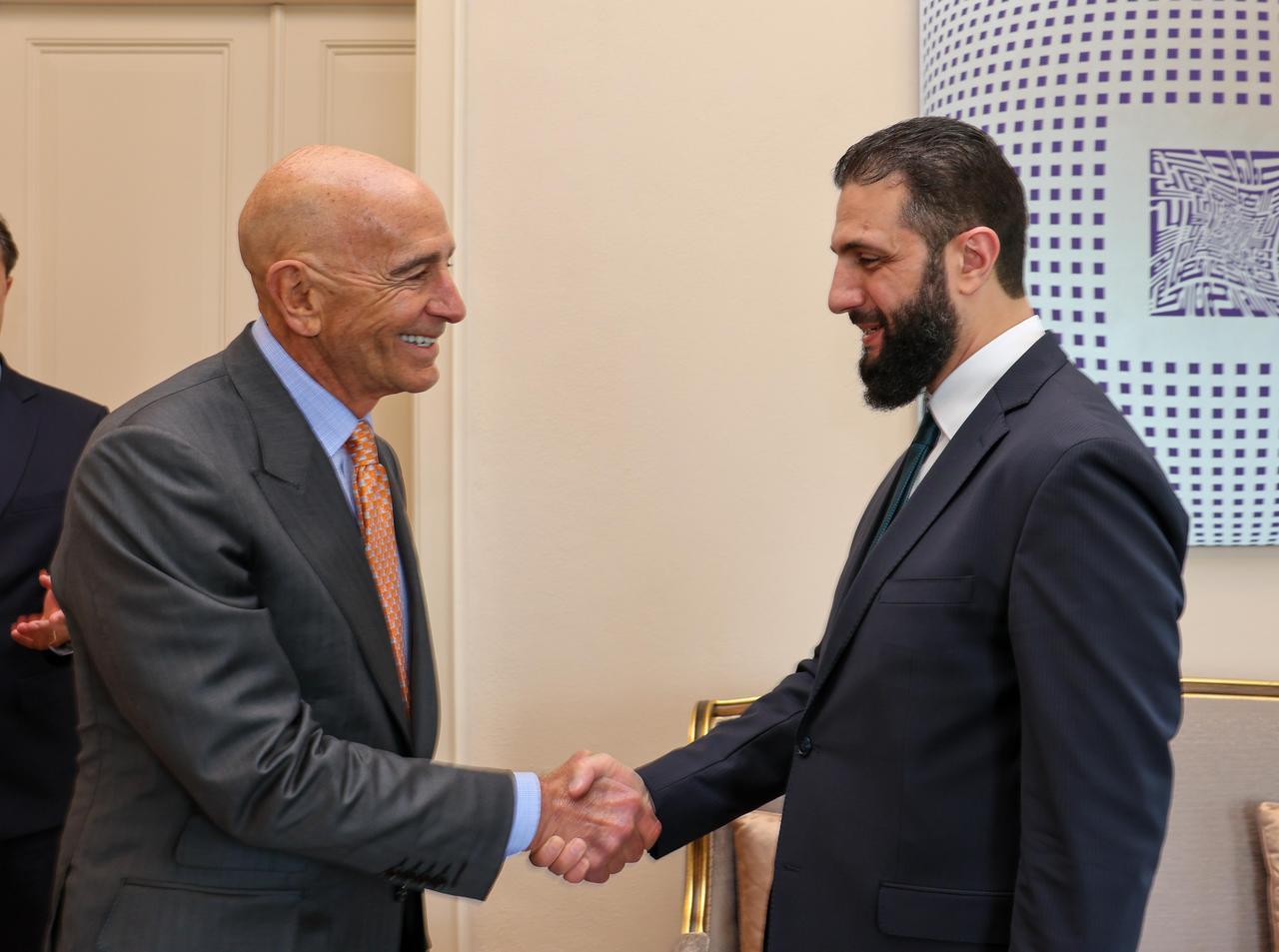
Barrack made it clear that the U.S. intends to work with the internationally recognized Syrian government moving forward.
“There is only one state structure we will engage with in Syria—and that is the government in Damascus.”
While acknowledging the past use of the YPG/SDG terrorist organization in the fight against Daesh, Barrack stated that these groups must now be reintegrated into Syria's political and military future through national institutions.
He also disclosed that backchannel diplomacy has resumed between Syria, Israel, and Lebanon, which may stabilize border areas in the long term.
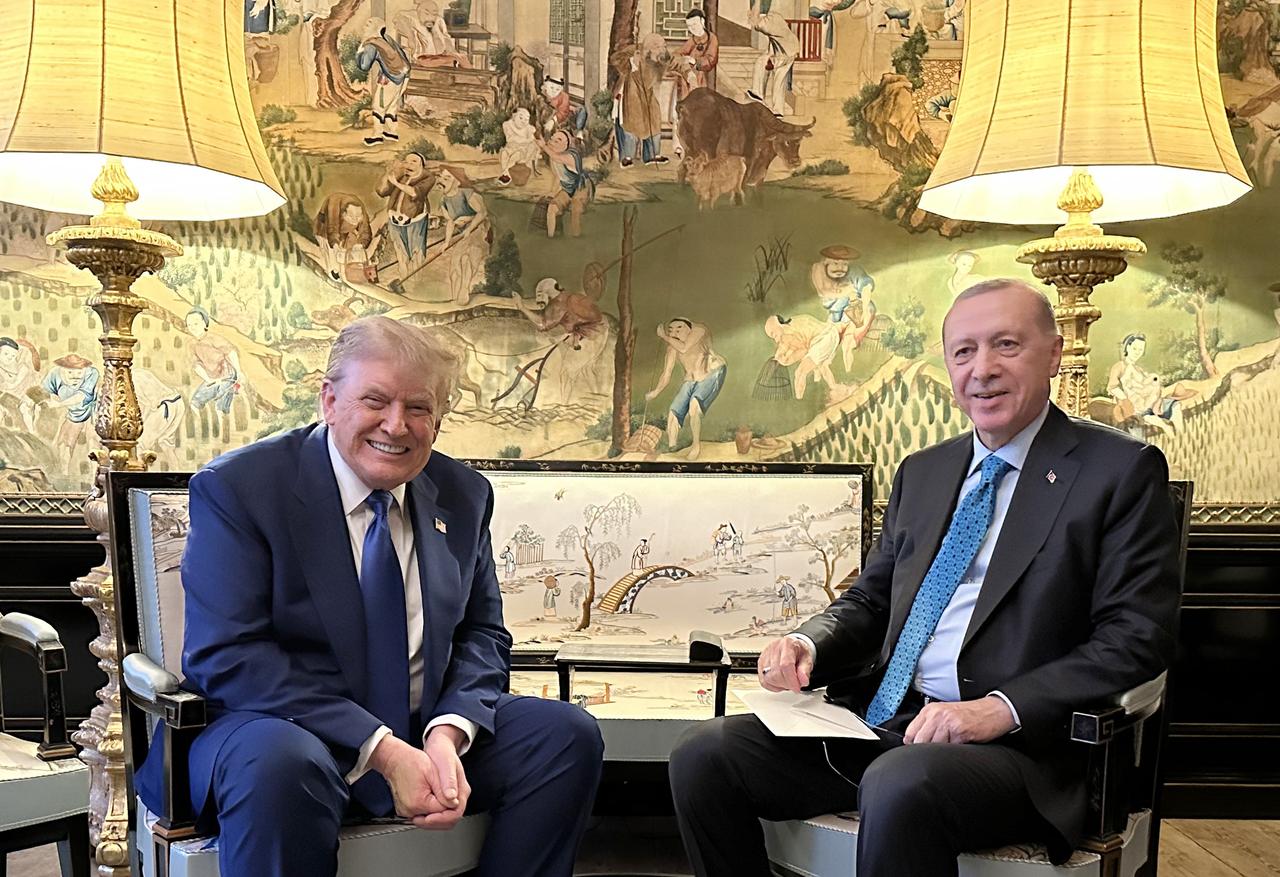
Citing Türkiye’s multicultural society and strong historical foundations, Barrack said the country has the potential to become the center of regional peace.
“Türkiye has the second-largest military in NATO. But its greatest strength lies in its hard-working and globally minded population.”
Barrack praised Izmir’s long-standing coexistence of Jews, Christians, and Muslims, calling it a model that could inspire global coexistence efforts.
Barrack emphasized the significance of the personal bond between President Trump and President Erdogan:
“At a very critical time in history, these two leaders have built a trust-based relationship. That foundation makes it possible to write a new chapter.”